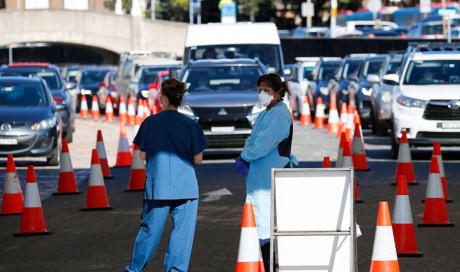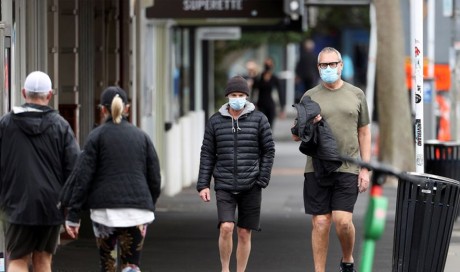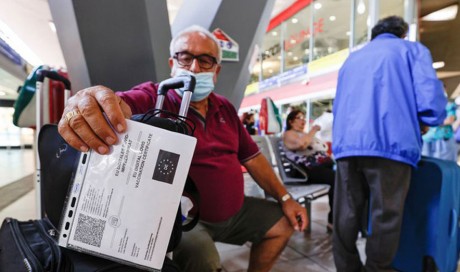The north has been hit harder than the rest of England during the coronavirus pandemic, "exacerbating" regional inequalities, according to a study.
The Northern Health Science Alliance also found the mortality rate, even after factoring in deprivation, ages and ethnicity, was worst in the north.
It said in the "Northern Powerhouse" area an extra 57.7 people per 100,000 population died between March and July.
A renewal of efforts to tackle child poverty was among its recommendations.
The report by the northern health partnership said 12.4 more people per 100,000 population died with Covid-19 in the area of the Northern Powerhouse from March to July than elsewhere in the country, with 57.7 more people per 100,000 dying of all causes.
The study, led by scientists from the universities of Newcastle, Manchester, York and Liverpool, put a conservative estimate on the economic cost of the increased mortality in northern England at £6.86bn and estimated the impact on the region's mental health would cost about £5bn a year.
'Devastating grip'
The report said since the start of the pandemic adverse trends in poverty, education, employment and mental health for children and young people had worsened.
It listed 12 recommendations to the government to "level-up" the country including:
- more regional resources in the Northern Powerhouse region to boost the NHS Test and Trace system
- targeting vulnerable and deprived communities in the first phase of the Covid-19 vaccine rollout
- reducing child poverty by increasing child benefit, extending free childcare and free school meals and more investment in children's services
"Our report highlights that we are not all in the pandemic together with the northern regions being hardest hit," Clare Bambra, professor of Public Health at Newcastle University, said.
"Health and wealth in the Northern Powerhouse lagged behind the rest of the country even before the [Covid-19] pandemic, and over the last year our significant regional inequalities have been exacerbated."
Hannah Davies, of the Northern Health Science Alliance, said: "Health inequalities between the north and the rest of England have been growing for over a decade.
"This report demonstrates the impact that has had on the productivity of the region and how it has led Covid-19 to take a devastating grip on the north."
A Department of Health and Social Care said it remained "determined to level up on health outcomes as well as opportunity" with its £30bn plan for jobs scheme for the UK as well as its £170m funding "to help families stay warm and well fed this winter" and increases in Universal Credit.
It added: "Throughout the pandemic we have worked hand-in-hand with local authorities and over £300m has already been allocated to local authorities in England to help them stop the spread of the virus in their communities."
Share This Post















